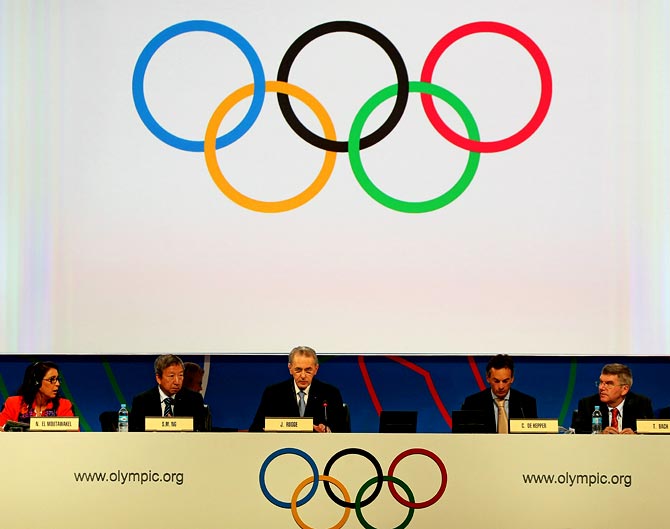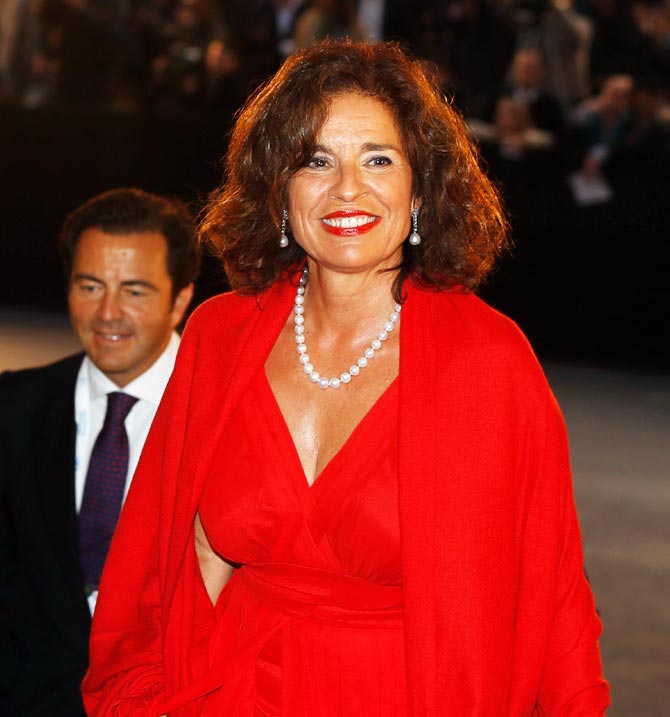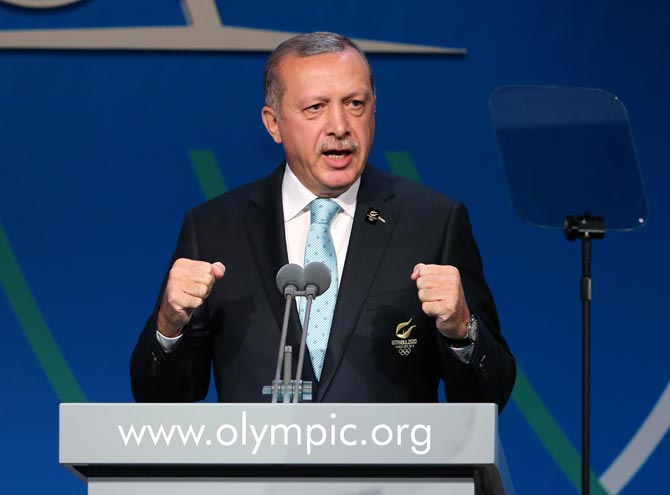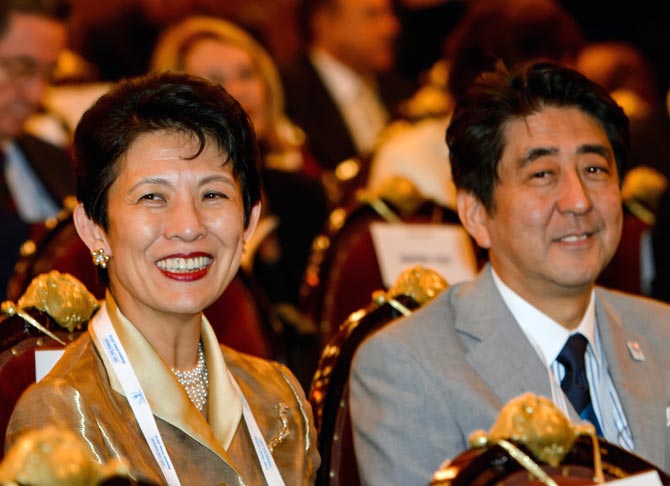Photographs: Ian Walton/Getty Images
After two years of intense lobbying and tens of millions of dollars spent, Istanbul, Madrid and Tokyo have just a few remaining hours on Saturday to convince the International Olympic Committee to entrust them with the 2020 summer Games.
With each city wrestling its own demons, the race has become a "least ugly" contest as they attempt to conceal their blemishes and win the right to host the world's biggest sporting extravaganza.
The trio have just 70 minutes each to present their bids to the some 100 members of the IOC. Ninety-seven are eligible to vote in the first round, due to start at 3.45pm local time (18:45 GMT).
Istanbul is first in front of the IOC, followed by Tokyo and then Madrid in an order decided by a draw two years ago.
Istanbul, Madrid and Tokyo in final push to win 2020 Olympic Games
Photographs: Daniel Kopatsch/Getty Images
Each city is rolling out the big guns, with Japanese Prime Minister Shinzo Abe due to represent his capital city, his Turkish counterpart Tayyip Erdogan backing Istanbul, and Prince Felipe of Spain part of Madrid's official presentation.
IOC members will then hear a report from an internal Evaluation Commission formed of IOC members and Olympic experts, before voting begins.
Should a city not obtain an outright majority of votes, the candidate with the least votes will be eliminated and the two remaining cities will go head to head in a second round.
With no clear favourite, the decision will likely hinge on the appeal of the bid presentations as each city attempts to gloss over troubles at home.
Madrid continues to suffocate under a recession, Istanbul is saddled with the spectre of military strikes in neighbouring Syria and internal unrest, and Tokyo is back in the headlines after a series of damaging disclosures about the crippled Fukushima nuclear plant 230 km (140 miles) from the city.
Publicly, the membership of the International Olympic Committee is smiling through the crisis, but privately many concede that this is now an exercise in evaluating risk rather than celebrating sport.
Madrid wants to reduce the cost of staging an Olympics
Image: Mayor of Madrid Ana Botella of the Madrid 2020 Bid CommitteePhotographs: Scott Halleran/Getty Images
Madrid is pitching a manageable, low-cost, financially responsible Games. It is a bid that should play well with the IOC, which wants to reduce the cost of staging an Olympics.
The Spanish officials say that with much of the infrastructure already in place, it will be the first time a projected Games budget of some $3.1 billion exceeds investment of just under $2 billion in projects linked to the hosting of the event but not directly related.
Istanbul launched its bid on the back of an Islamic card
Image: Prime Minister of Turkey Recep Tayyip Erdogan speaks during the Istanbul 2020 bid presentationPhotographs: Ian Walton/Getty Images
That compares with Istanbul's massive non-Games budget of around $17 billion, dwarfing expected Games expenditure of $2.9 billion. Tokyo, which hosted the Games in 1964, is also planning to incorporate existing venues and has estimated a non-Games budget of around $4.4 billion compared to $3.4 billion for the actual event.
Istanbul launched its bid on the back of an Islamic card, of becoming the first Olympics in a predominantly Muslim country and the first staged across two continents simultaneously - Asia and Europe.
Tokyo's bid team points to a $4.5 billion war chest already in the bank
Image: Japanese Princess Takamado (left) with Japanese Prime Minister Shinzo AbePhotographs: Fabrice Coffrini-Pool/GettyImages
Tokyo wants to show that it is back, showcasing a new energy and dynamism after two lost decades, by hosting the 2020 Games.
The bid team points to a $4.5 billion war chest already in the bank, with further support as needed promised by the government. "The Games are in a safe pair of hands," Tsunekazu Takeda, head of the Japanese Olympic Committee, said.
But disclosures in recent weeks about the crippled Fukushima nuclear plant 230 km (140 miles) from Tokyo were an unwelcome shock to an Olympic membership not appreciative of surprises.
The plant's operator has been forced to reverse denials and admit that hundreds of tonnes of radioactive water are pouring into the Pacific Ocean each day, and radiation levels have spiked.
Abe's government has said it will spend almost half a billion dollars to try to fix the water crisis.
"During our presentation, I look forward to conveying Tokyo's safety, strong finances, world class transportation and organisational ability," Tokyo governor Naoki Inose said.







Comment
article